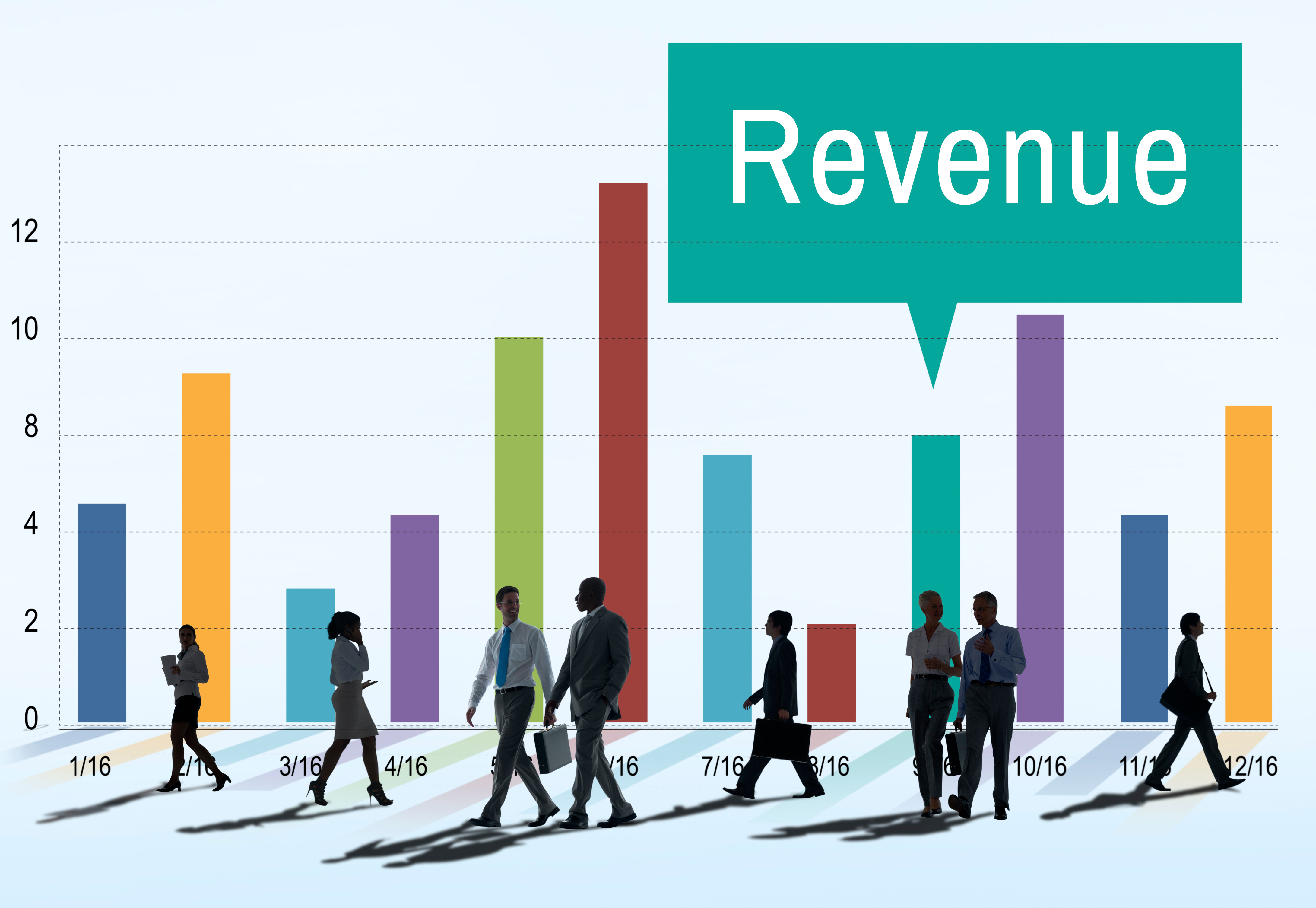How Independent Hotels Compete Using
Smart Revenue Management

The Future of Hotel Revenue Is Digital
As we move into 2025, the hospitality industry is evolving faster than ever before. Travelers are becoming more digitally savvy, and their expectations have shifted dramatically. From researching destinations to booking rooms, guests are interacting with hotel brands almost entirely online. For hotel owners and managers in India, this shift presents both a challenge and an enormous opportunity.
The hard truth? If your hotel revenue strategy in 2025 doesn’t include a strong digital marketing component, you're likely leaving money on the table—and potentially losing business to more tech-savvy competitors.
What’s Driving This Change in the Hospitality Industry?
The past few years have made one thing clear: consumer behavior has fundamentally changed. Travelers now begin their planning online, compare rates in real-time, and rely on online reviews and influencer content to make decisions. Mobile-first experiences, personalized communication, and instant engagement have become the norm.
In this digital landscape, depending solely on online travel agencies (OTAs) can be costly. OTAs still bring visibility, but at the expense of high commissions and reduced control over your brand. Independent hotels that invest in digital marketing can reduce their dependence on OTAs, increase their margins, and build stronger guest relationships.
Why Digital Marketing Is No Longer Optional for Hotels
Digital marketing is the most direct and cost-effective way to reach potential guests, boost visibility, and increase direct bookings. It allows hotels to target specific audience segments, respond in real time to market shifts, and build personalized campaigns that resonate with travelers.
In 2025, digital marketing is not just a tool—it is the foundation of a revenue strategy that delivers sustainable growth. Whether you're operating a boutique property in a tourist hotspot or managing a group of hotels across multiple cities, going digital gives you control, scalability, and insight into what works.
Want professional support from industry experts? Check out the Best Digital Marketing Company for Hotels and start transforming your revenue game today.
How to Build a Digital Revenue Strategy for Hotels
Creating a digital strategy begins with establishing your hotel’s online presence. A fast, mobile-friendly, and SEO-optimized website is essential. Think of your website as your hotel’s digital storefront—it should be attractive, functional, and easy to navigate. From there, your marketing should extend across Google, social media, email, and beyond.
Search Engine Optimization (SEO) plays a critical role in how travelers find your hotel. By optimizing your content with relevant keywords like “luxury resort in Goa” or “budget hotel near Jaipur railway station,” you make it easier for search engines to connect potential guests with your property.
Paid advertising is another pillar. Google Ads and Meta (Facebook and Instagram) platforms allow you to create highly targeted campaigns that reach travelers at the exact moment they’re planning a trip. You can show custom offers, highlight local experiences, and retarget people who visited your website but didn’t book.
Social media has become a key decision-making space. A compelling Instagram presence showcasing your rooms, experiences, and guest reviews can set your hotel apart. It also helps you build a community and keep your audience engaged with updates, contests, and promotions.
Email marketing rounds out your strategy by nurturing relationships with previous guests and interested prospects. Sharing personalized offers, local guides, and loyalty benefits encourages repeat bookings and word-of-mouth referrals.
Digital Marketing Channels the Hotel Industry Relies On
Hotels today use a mix of digital platforms to stay competitive. These include search engines like Google for visibility, social media channels such as Instagram and Facebook for engagement, email platforms for guest retention, and influencer partnerships to extend brand reach.
Video marketing—especially on YouTube and short-form platforms like Reels—is also gaining momentum. Visual storytelling resonates with modern travelers, offering them an immersive preview of your property, ambiance, and service standards.
Online reputation tools, including TripAdvisor and Google Reviews, play a significant role as well. Responding to reviews, encouraging satisfied guests to share their experiences, and addressing concerns proactively all contribute to your digital brand and revenue performance.
Understanding the 7 C’s of Digital Marketing
To succeed digitally, hoteliers must focus on the seven core principles of online marketing: content, context, community, convenience, customization, communication, and conversion.
It starts with delivering valuable, SEO-rich content that speaks to your ideal guest. That content must fit the context of the platform it appears on—Instagram stories need different messaging than a Google ad. Building a loyal community on social platforms fosters trust, while making the booking process convenient ensures guests follow through. Personalization, open communication, and conversion-focused design round out a complete digital strategy.
These aren’t just buzzwords—they are essential building blocks for driving revenue in today’s hospitality landscape.
How to Effectively Market Your Hotel in 2025
Start by conducting an honest audit of your current digital presence. Google your hotel name. Are you happy with what comes up? Does your website load quickly and display well on mobile devices? Are your photos and descriptions up-to-date?
Next, invest in a solid website that reflects your brand identity and offers an easy booking experience. Pair that with local SEO to attract nearby travelers and long-tail keywords for niche demand.
Create content that travelers care about: things to do near your hotel, seasonal promotions, and tips for first-time visitors. Then distribute that content through social media, paid ads, email newsletters, and influencer partnerships.
As you gather data, analyze performance using tools like Google Analytics and Meta Insights. These insights will help you adjust campaigns, improve ROI, and continuously optimize your revenue strategy.
What Is a Digital Hotel?
A digital hotel isn’t just one with a website. It’s a hotel that uses digital technology across its operations to enhance guest experience and improve efficiency.
This includes offering mobile check-in, smart room controls, automated feedback requests, and data-driven personalization. A digital hotel anticipates what guests want before they ask—and delivers it seamlessly.
From a revenue standpoint, these technologies translate to higher satisfaction, better reviews, more repeat guests, and ultimately, higher earnings.
Conclusion: Adapt or Miss Out
The hospitality landscape in 2025 is defined by digital-first thinking. Travelers expect convenience, personalization, and instant gratification. Hotels that embrace this shift will not only survive—but thrive.
Whether you’re operating a small boutique property or managing a portfolio of mid-size hotels, your hotel revenue strategy in 2025 must be deeply integrated with digital marketing.
It's the most powerful tool you have to increase direct bookings, reduce dependency on OTAs, and build meaningful guest relationships.
Ready to take your hotel’s marketing to the next level?
👉 Book a Free Strategy Call with India’s Leading Digital Marketing Agency for Hotels.













